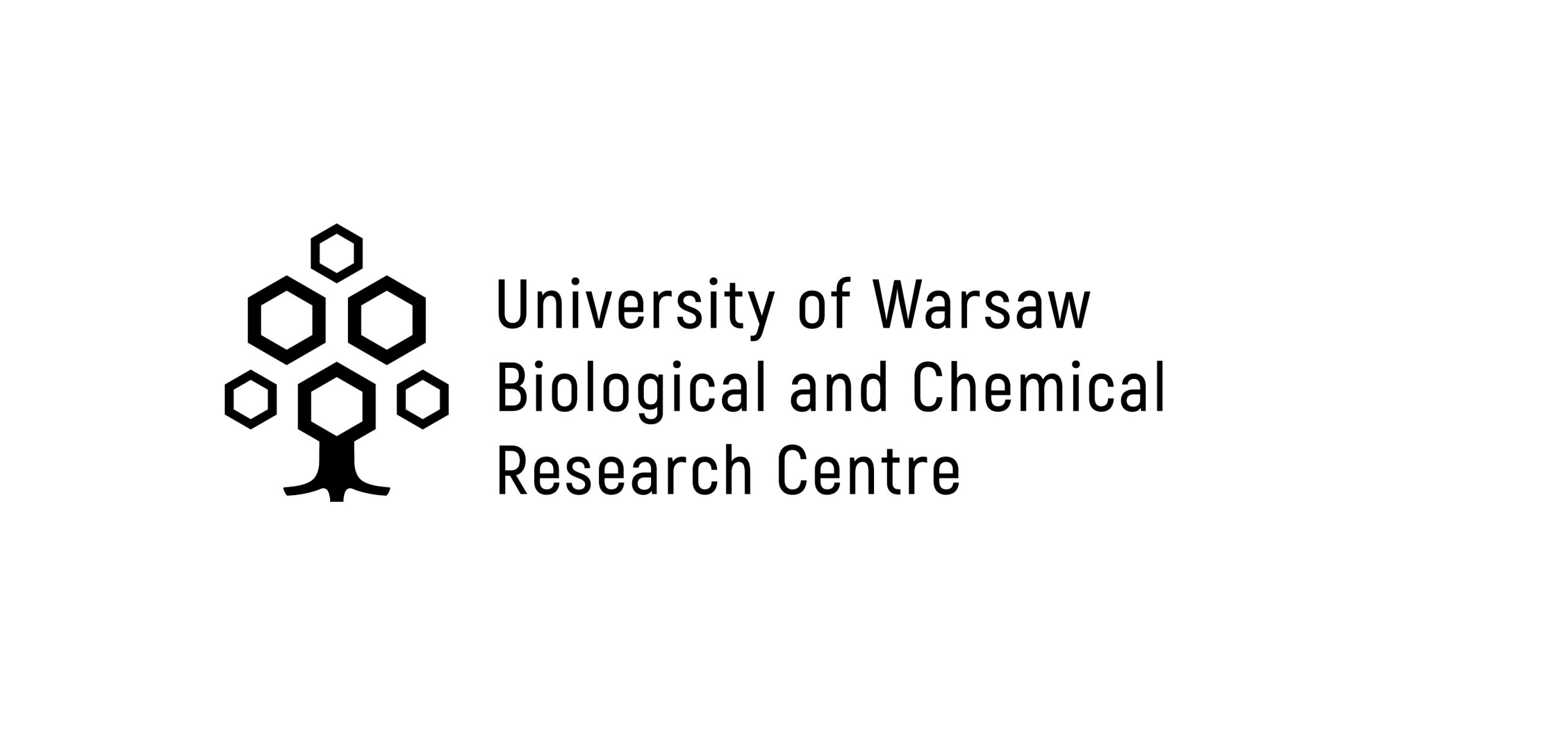Molecular Microbiology Laboratory
Research Activities
The research carried out by the team aims understanding of virulence mechanisms, resistance to antibiotics and adaptation to the different stress conditions of Gram-positive bacteria using the model bacteria Listeria monocytogenes. The research focuses on functional analysis and explanation of the mechanisms of regulation of the expression of genes that play an important role in these processes. In this context, we are particularly interested in discovering the biological func-tion and mechanism of action of small RNAs and in identifying of new targets for chemotherapeutics in bacterial cells. In our research we use techniques of molecular biology (isolation of RNA, DNA and proteins, PCR, qRT-PCR, Northern and Western Blot analyses, coimmunoprecipitation, in vitro transcription, overproduction and purification of proteins, DNA cloning, construction of deletion and point mutants etc.), biochemistry (enzyme activity test) and microbiology (tests of bacterial susceptibility to antibiotics and other substances with an antibac-terial effect).
Offer
- Isolation of nucleic acids from microbiological material; determination of the bacterial species on the basis of sequence analysis 16s rDNA of the submitted microbiological material or after the isolation of the bacteria from the submitted material
- Determination of bacterial susceptibility to antibiotics and other active substances on the basis of the MIC value by double dilution assay
- Amplification, cloning, deletion and point mutagenesis of bacterial genes
- Designing and consulting genetic constructs of varying degrees of complexity
- Analysis of the level of transcription of bacterial genes by qRT-PCR and/or Northern blot methods using submitted RNA or after RNA isolation from submitted microbiological material
- Determination of stability of bacterial transcripts using the Northern Blot method
- Determination of structure of bacterial transcripts using the method of secondary structure enzymatic probing
Team Leader
Agata Krawczyk-Balska; employee of Department of Applied Microbiology at the Faculty of Biology of the University of Warsaw; member of COST international actions: TD0803 – “Detecting evolutionary hot spots of antibiotic resistances in Europe (DARE)”, 2010-2014 and ES1403 – “New and emerging challenges and opportunities in wastewater reuse” (NEREUS), 2014-2018
Awards and internships:
- Scientific Award of the Polish Society of Microbiologists for young microbiologists (2006 and 2014)
- Award of Rector of the University of Warsaw for scientific achievements (years 2005, 2013, 2014,
- EMBO (European Molecular Biology Organization) Short Term Fellowship for Young Scientists, Denmark, Odense, 2013
